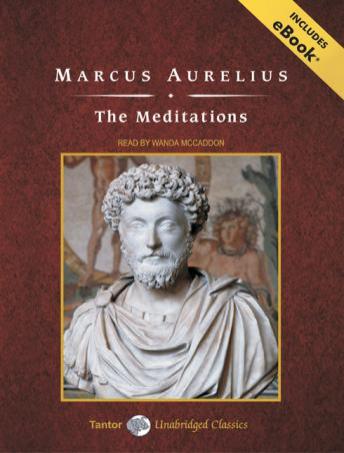

Get cozy and expand your home library with a large online selection of books.

On a personal note, for a translation that is slightly in the latter liberal-translation category (so not ideal for academic study of what Aurelius said down to the exact word) but great for someone who wants to still read his thoughts, I very much recommend the version titled The Emperor's Handbook by Hicks and Hicks - that is my go-to recommendation for introducing any 'normal' person to stoicism. Great deals on Marcus Aurelius Meditations In Antiquarian & Collectible Books. They are basically the moral tenets of Stoicism, learned from Epictetus: the cosmos is a unity governed by an intelligence, and the human soul is a. Although they were Marcus’s own thoughts, they were not original. Which of these features are desirable depends on the reader's preferences and why they are reading the book Meditations is a collection of personal writings by Marcus Aurelius, a Stoic philosopher and Roman Emperor (at the other extreme, Epictetus was born a slave). The Meditations, the thoughts of a philosopher-king, have been considered by many generations one of the great books of all times. Some copies include extra notes by the author and other materials which may also be of use. Table of Contents for The meditations of Marcus Aurelius : selections annotated & explained / annotation by Russell McNeil translation by George Long. The earliest copy we have is itself a Greek translation of the original Latin writing so there is no definitive version, and some prefer to translate as literally as possible while others take liberties with the language in order to try and convey the original meaning a little better. One of the most significant books ever written by a head of state, the Meditations are a collection of philosophical thoughts by the Emperor Marcus Aurelius. It is also the only work by him, so if he is the author then they should all just be different translations of the same text. The writings of Marcus Aurelius, commonly called the Meditations, didn't actually have a title given by the author himself because it was never intended to be published or even read by other people.


 0 kommentar(er)
0 kommentar(er)
